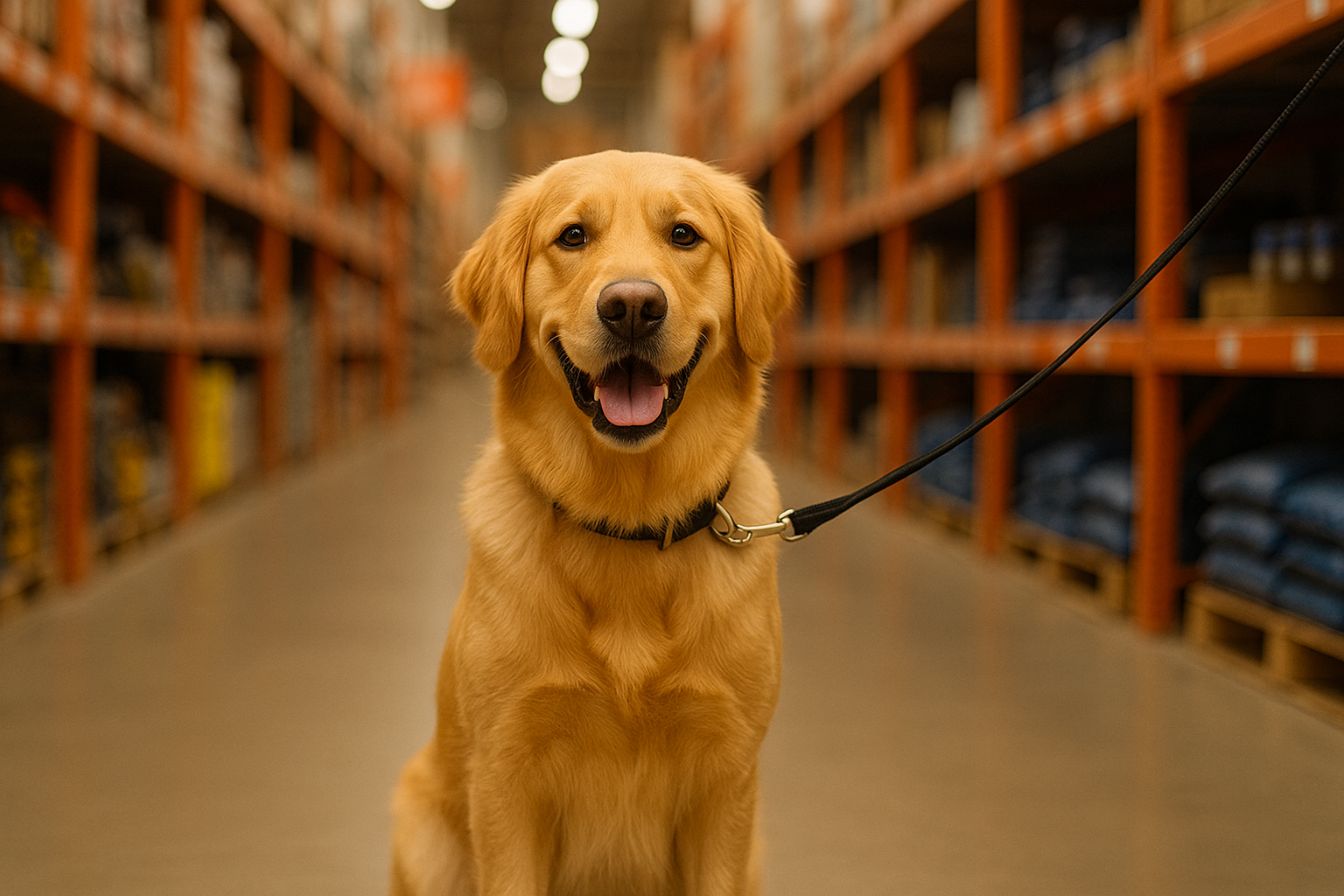
From single-use plastic bags to disposable utensils, plastics are an everyday part of our lives. Why so ubiquitous? Because convenience reigns supreme. Yet the convenience of plastic comes with a hefty price tag that extends far beyond its initial use. Here, we look at the hidden costs of convenience by examining the long-term effects of plastic waste on our environment, health, and economy.
- Environmental impact: Plastic waste poses an existential threat to our environment, with devastating consequences for ecosystems and wildlife. When plastic is discarded improperly, it ends up in rivers, oceans, and landfills, where it persists for hundreds of years, leaching harmful chemicals and releasing greenhouse gases into the atmosphere. Marine animals often mistake plastic for food, leading to ingestion and entanglement, while terrestrial animals may suffer similar fates. The accumulation of plastic waste in our environment disrupts the balance of delicate ecosystems we all depend on.
- Human health: The presence of plastic waste in our environment also poses risks to human health. Plastics contain a variety of toxic chemicals, such as phthalates and bisphenol-A (BPA), which have been linked to a range of health issues, including hormonal disruption, reproductive problems, and even cancer. These chemicals can leach into the environment, contaminating water sources and food supplies, and ultimately finding their way into our bodies through ingestion or inhalation. As plastic waste continues to accumulate, so too do the potential health risks we––and future generations––face.
- Economic costs: In addition to its environmental and health impacts, plastic waste also exacts a heavy toll on our economy. The costs associated with cleaning up plastic pollution, mitigating its effects on ecosystems, and treating related health issues are substantial and continue to rise. In addition, commercial industries, like tourism and fishing, which rely heavily on clean and healthy environments, suffer from lost revenue.
Addressing the hidden costs of convenience requires a multi-faceted approach that involves individuals, businesses, and governments working together to reduce, reuse, and recycle plastic waste. Consumers can make a difference by choosing reusable alternatives to single-use plastics, such as cloth bags, stainless steel water bottles, and glass containers. Businesses can also play a role by adopting more sustainable packaging practices and investing in innovative technologies that minimize waste and promote recycling. Governments can implement policies and regulations to incentivize the reduction of plastic waste and encourage the development of eco-friendly alternatives.
By examining the long-term effects of plastic waste and embracing sustainable solutions, we can mitigate these costs and create a healthier, more prosperous future for generations to come. It's time to rethink our reliance on convenience and prioritize the health of our planet and ourselves.
=============================================================
The USDA BioPreferred® Program is the Federal Government’s official advocate and market accelerator for biobased products. Its primary goals are to increase the development, purchase, and use of biobased products; support rural communities; and contribute to a growing and thriving bioeconomy. Learn more at www.





